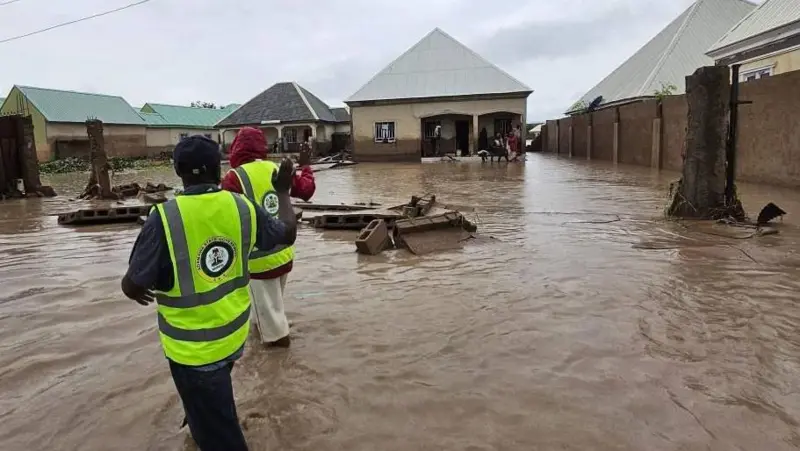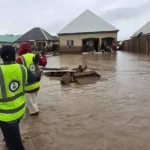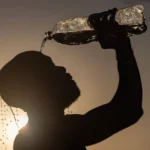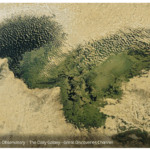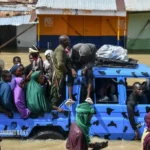Two separate water-related tragedies in Nigeria have left dozens dead and exposed deeper problems in public safety and disaster preparedness in the face of a changing climate.
In the northeastern city of Yola, at least 23 people were confirmed dead after intense rainfall triggered flash flooding that swept through neighbourhoods on Sunday. Just hours earlier, in Niger State, a boat carrying passengers capsized in Guni village, claiming multiple lives. Many remain missing in both disasters.
President Bola Tinubu expressed sorrow over the twin tragedies, describing them as painful reminders that climate-linked disasters often become deadlier due to weak safety systems and harmful local practices.
“Flooding is now a global reality driven by climate change,” Tinubu said. “But our local actions, like ignoring safety rules, often make it worse.”
The Nigerian leader praised the bravery of emergency workers, local divers, and volunteers who helped with rescue efforts. He also directed national emergency agencies to work closely with local governments to provide relief and support to affected communities.
Both disasters have sparked fresh calls for stronger safety enforcement on Nigeria’s waterways and better urban planning to manage extreme weather.
In Adamawa State, Governor Ahmadu Fintiri toured flooded communities and described the situation as “tragic and deeply painful.”
His government has promised a full assessment of the damage in partnership with national disaster agencies.
Beyond Nigeria’s borders, the tragedies resonate with many communities across Africa that face similar challenges, from deadly floods in Rwanda to boat accidents on rivers in the Democratic Republic of Congo.
Climate change is making extreme weather more frequent across the continent, but limited infrastructure, poor drainage, and weak enforcement of safety standards often turn disasters into national emergencies.
The Nigeria Governors’ Forum, a body representing state governors across the country, expressed solidarity with Adamawa and commended the swift deployment of marine units to support search and rescue missions.
But experts say sympathy and swift responses are not enough.
Environmental analysts have long warned that government policies must go beyond reactive relief to long-term adaptation. That includes redesigning urban settlements, improving drainage systems, and strictly regulating river transport—a key mode of movement for millions across Africa.
President Tinubu urged traditional and religious leaders to help spread awareness about climate risks and safety habits, especially in river-dependent communities. “We cannot continue to allow negligence or ignorance to cost lives,” he said.
He also appealed to those working in river transport and small-scale shipping to respect safety guidelines. “Compliance with safety protocols is not optional—it is essential.”
As many African cities become more vulnerable to climate extremes, these tragedies in Nigeria offer yet another warning.
Without urgent investment in risk education and resilient systems, communities will remain exposed, not just to the power of nature, but to the consequences of inaction.

